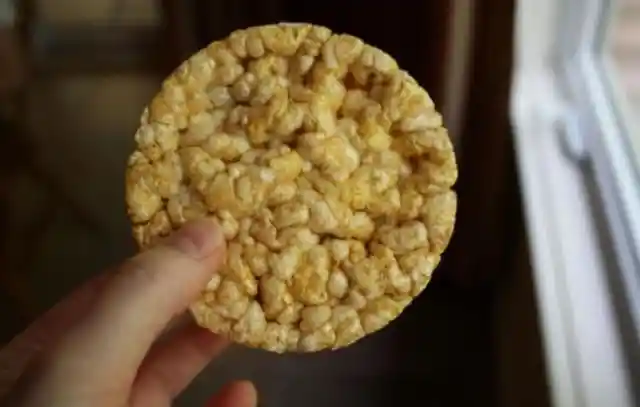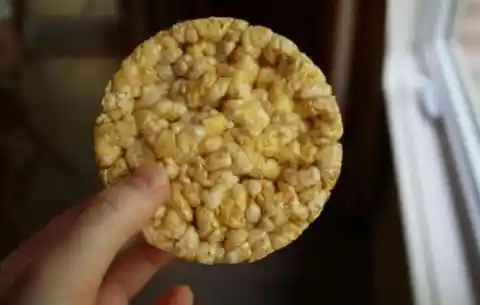Beware The Green Smoothie
All things in moderation, right? When it comes to eating healthy, though, it can be tough to moderate. It only takes a bit of critical thinking and attention to detail in order to make better choices, though. Read on for the lowdown on a variety of foods aren't as healthy as they might seem!
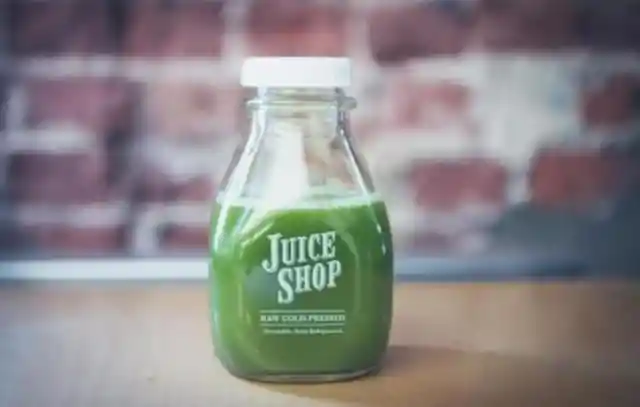
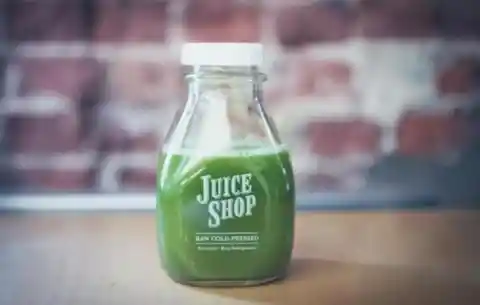
Chances are that your favorite prepackaged green smoothies or juices contain way more sugar than you need. Read the ingredients to see if you'd be better off preparing one at home.
Parfaits Aren't Always Healthy
An average fruit and yogurt parfait might seem healthy, but the average serving can contain anywhere between 30 and 50 grams of sugar. A croissant, on the other hand, only has four grams of sugar!
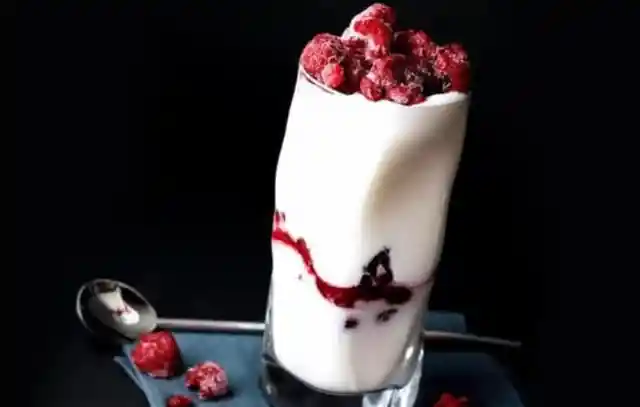

Yogurt Pretzels Are Just Covered In Icing
Yogurt pretzels are really just covered in shelf stable icing containing an ingredient called yogurt powder. This means they end up just as sugary as most treats, so treat them as such.
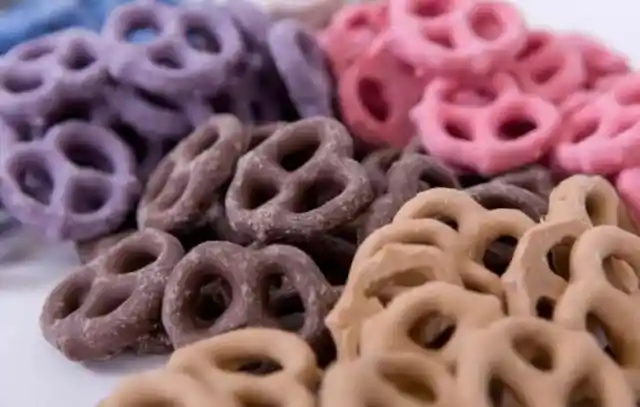
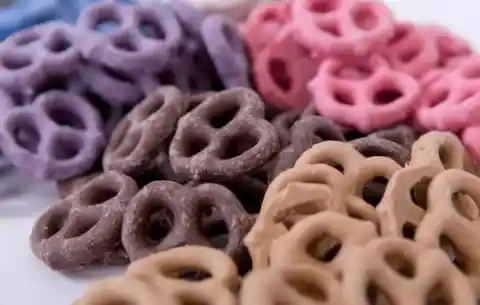
Frozen Yogurt Was Never Healthy
Froyo was supposed to be our savior from rich, decadent ice cream, but even plain flavors are packed with sugar. That doesn't count the candy and cheesecake toppings, either.
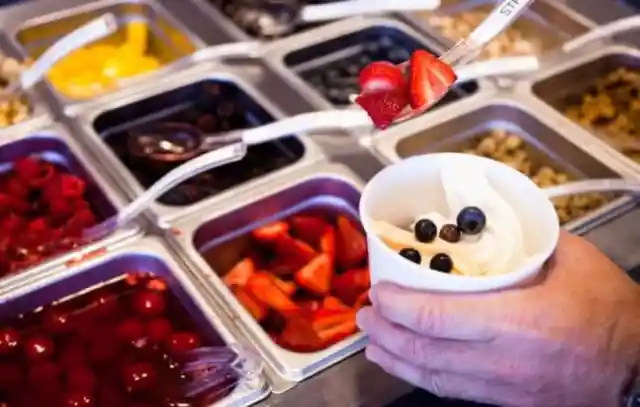
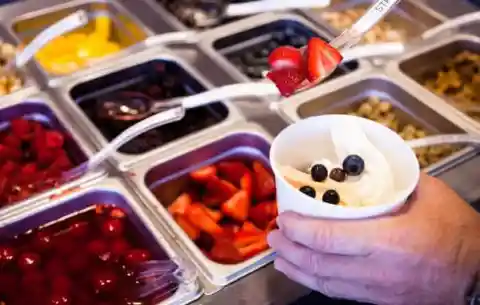
Frozen Meals Packed With Chemicals
Frozen health food entreés are supposedly a dieter's best friend. They're actually just filled with processed foodstuffs and an ingredient list straight out of chemistry class.
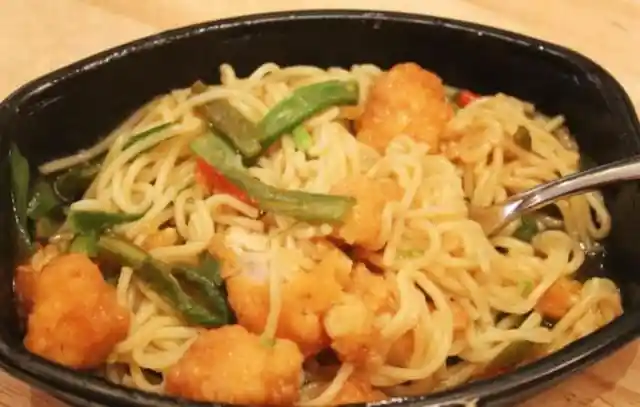

Organic Cereal Isn't Always Best
Many organic cereals look healthy, but they can still contain more sugar than you need. High-fiber cereals are sometimes supplemented with less-absorbable fiber content.
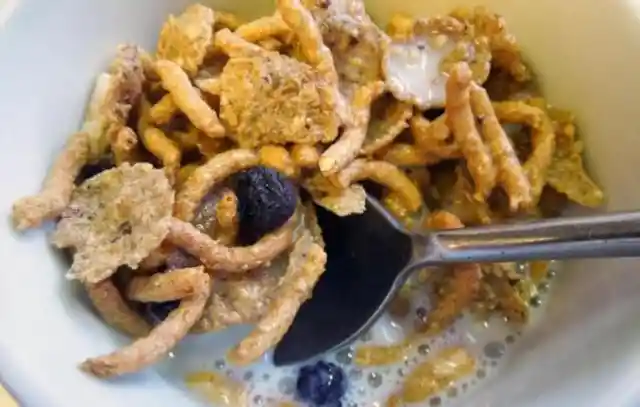
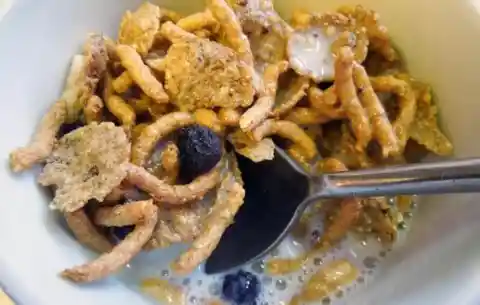
Vegan Cakes And Cookies Aren't That Sweet
Vegan baked goods contain plant-based margarine with as many calories as butter. Flour and sugar, too, are just empty calories.


Go for homemade, small portions instead.
Veggie Chips Are Still Chips
Some packaged crisps that look vegetable-packed are just made from potato starch or corn flour. Vegetable powders are usually responsible for the colored tints.
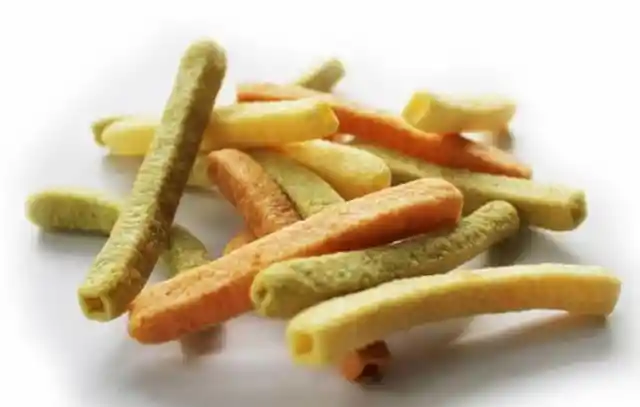

Popcorn Isn't The Answer
Popcorn has always been a classic light snack, but anything prepackaged or served at the movie theater has sky-high levels of sodium. Make it from scratch and you'll have control of the flavoring.
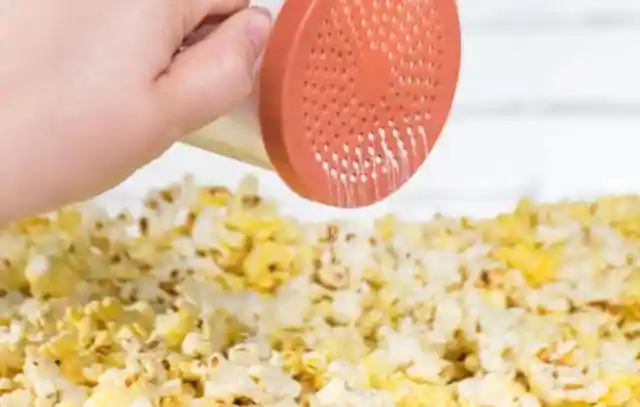

Good Granola Gone Bad
Granola off of a grocery store shelf can contain 500 or more calories per serving, and that's before adding milk. The crunchy stuff can also be filled with far too much sugar.
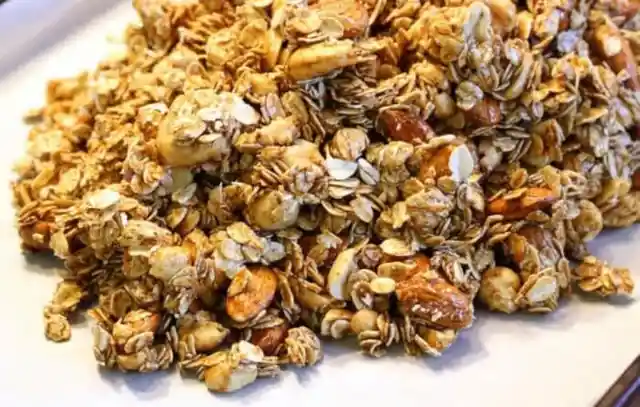
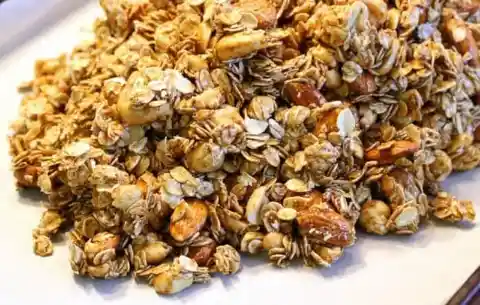
Save Trail Mix For The Trails
Trail mixes of nuts, dried fruit, and chocolate chips are filled with added sugar. One small handful can easily contain over 300 calories.
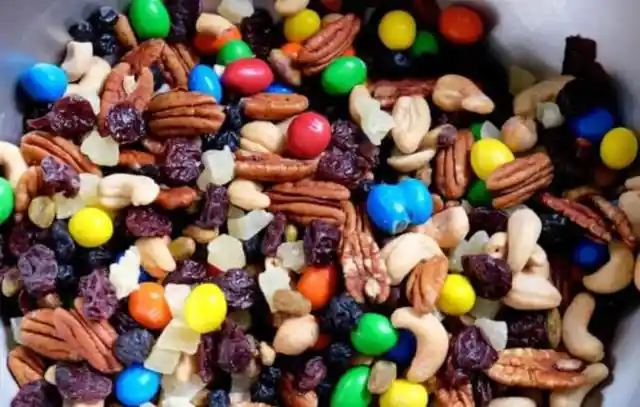
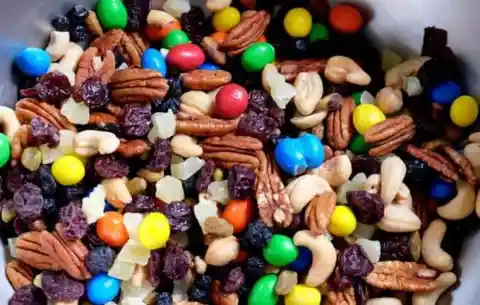
Save it for intense hiking, or choose unsalted and unsweetened mixes.
Diet Soda Has Never Been Good
Diet sodas are fizzing with artificial ingredients, sweeteners, and flavorings, as well as high levels of sodium. Soda consumption can increase risks of heart attack and stroke, too.


Don't Get It Twisted
Pretzels have been called healthy for decades because they're lower in fat than potato chips. Pretzels don't have any nutritional value, though.
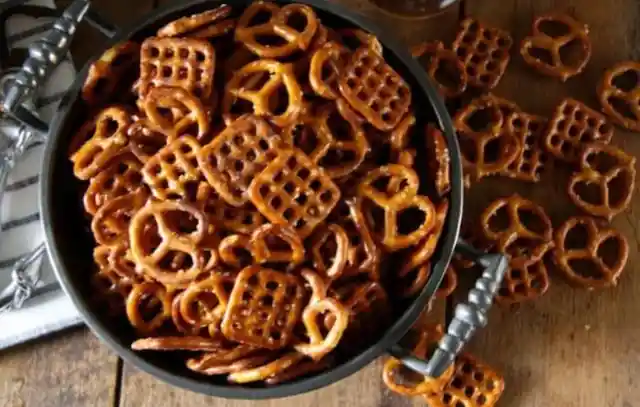
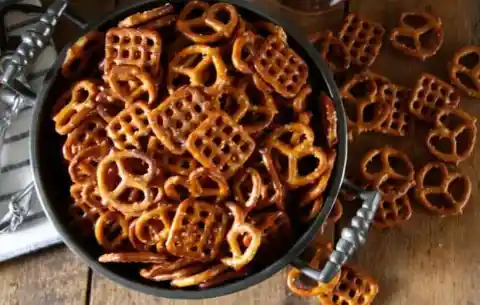
They're made with white flour which quickly turns to sugar once digested.
Read Up On Your Fast Food Salads
Restaurant and fast food salads can be packed with calories. Toppings like croutons, nuts, and dressings can add far too much fat and sodium to the mix.
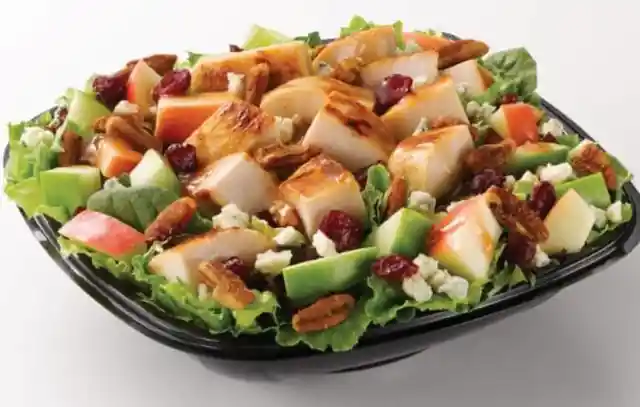
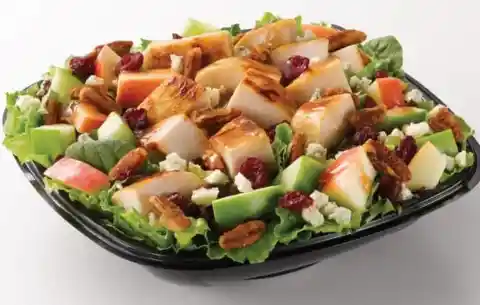
Check the nutrition facts of your favorite leafy entreés before you dine.
Sneaky Sushi Ingredients
Sushi is filled with protein and low in carbohydrates, making it better than a cheeseburger, of course. Deep-fried rolls filled with cream cheese and topped with mayonnaise dressings can be calorie bombs, though.


Fiber Fortified With Freaky Ingredients
High-fiber granola bars can help fill nutrition requirements. Many ingredient lists feature extra sugar, refined oil, preservatives, and artificial flavors, though.
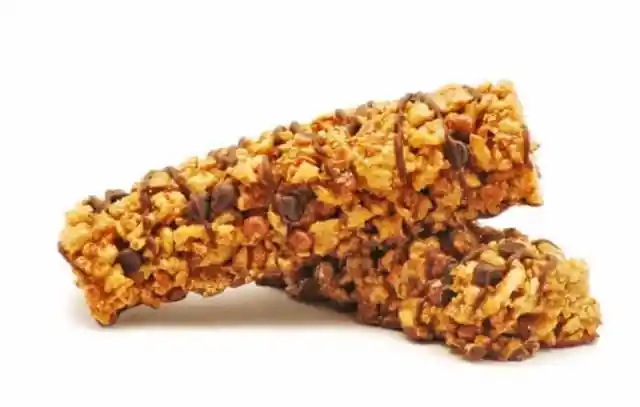
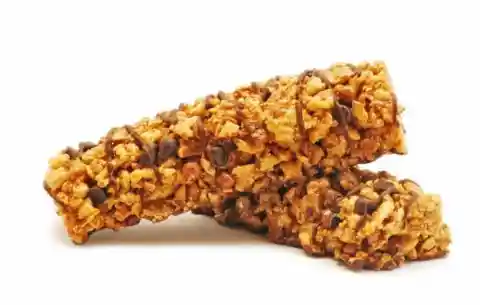
Healthy, natural fiber can always be found in fruits, vegetables, nuts, and whole grains.
Trade Fruit Snacks For Real Fruit
Even if they boast a recipe of real fruit juice and vitamins, skip the fruit snacks. Eat a piece of real fruit for the fiber and flavor.
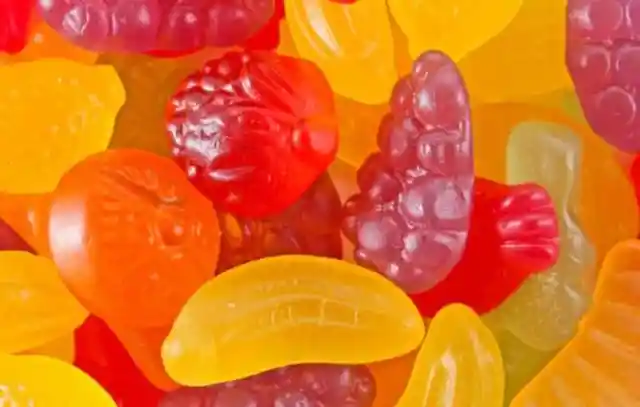
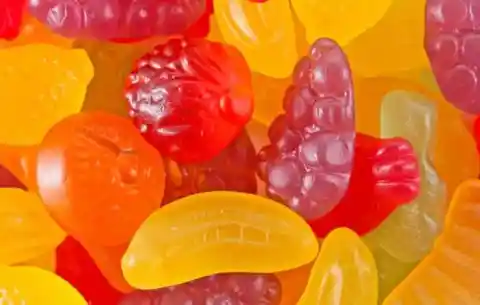
Margarine Misconceptions
Margarine was long perceived as butter's much healthier cousin. In reality, it's filled with trans fats and preservatives.


Coconut and olive oil are much healthier options.
Calorie Packed Pita Chips
Most pita chips are made with enriched wheat flour or plain white flour. Neither have the fiber or nutrients that are found in whole-grain flour.


They aren't terrible for you, but it's easy to eat too many.
Gluten Free Doesn't Mean Good
Many of the alternative flours used in gluten-free snacks have just as many carbohydrates as wheat. Unless you have celiac disease, skip gluten free and stick to products made with whole-wheat flour.
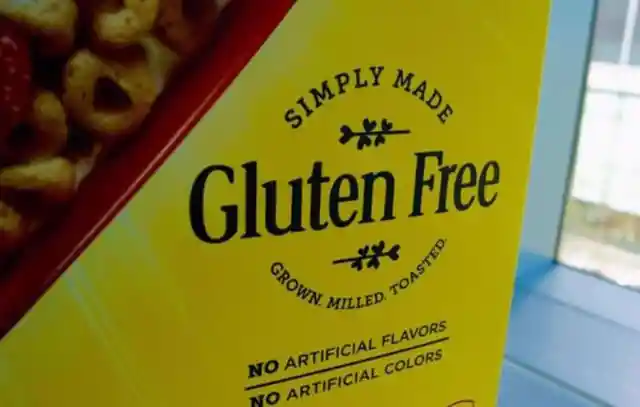
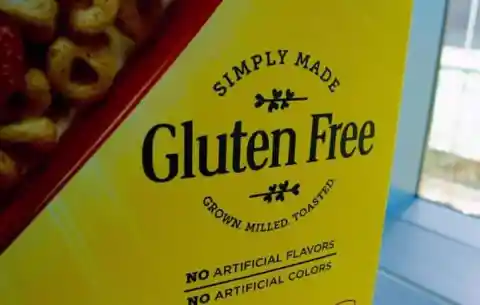
Energy Bars With Extras
Protein and energy bars can be candy bars in disguise—that's precisely what makes them so good. There's simply too much sugar and fat in many varieties.
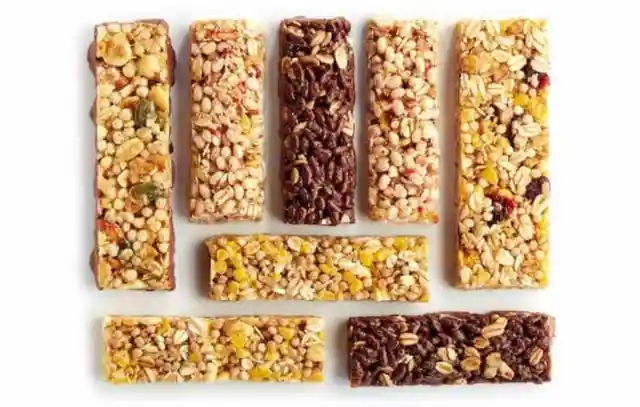
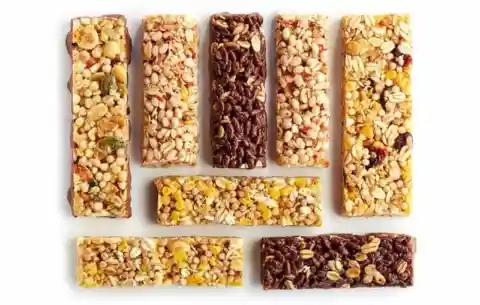
Eggs Are Actually Great
For a long time, eggs were considered the enemy. They're actually great.


Yolks and whites are filled with vitamins and minerals, as well as healthy protein and fat that will keep you feeling full.
Make Sure That Bread Is Whole Grain
Even bread that's labeled "multigrain" can contain refined flour. Recipes can also contain partially hydrogenated oils, artificial sweeteners, high-fructose corn syrup, preservatives, and even food coloring.
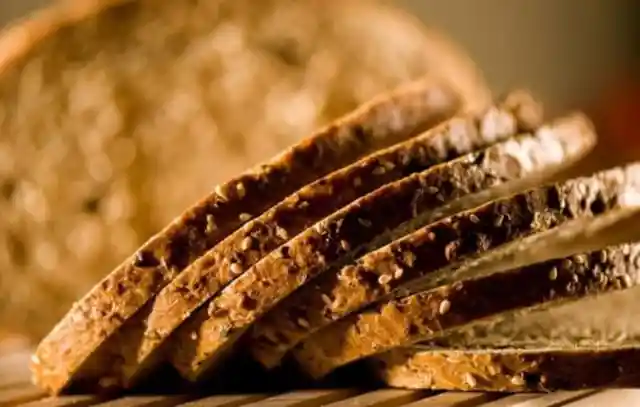

Sugary Not-So-Sweet Fruit Juices
Fruit juices usually contain more sugar than our bodies need. A glass of sweet fruit juice doesn't contain the fiber of its fresh fruit counterpart, either.
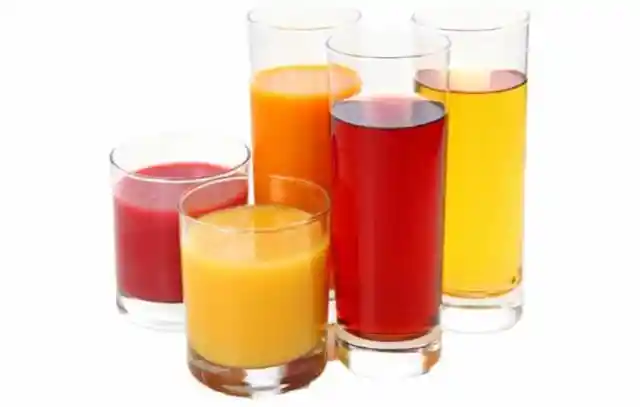
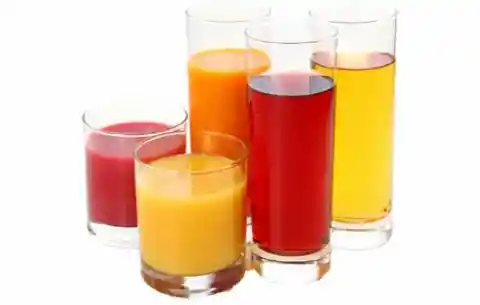
Stick to small servings as treats.
Veggie Burgers Without Vegetables
Many commercial veggie burger brands fill their patties with processed soy or "textured vegetable protein." Make sure you're purchasing veggie burgers made from vegetables or beans, seeds, and whole grains.
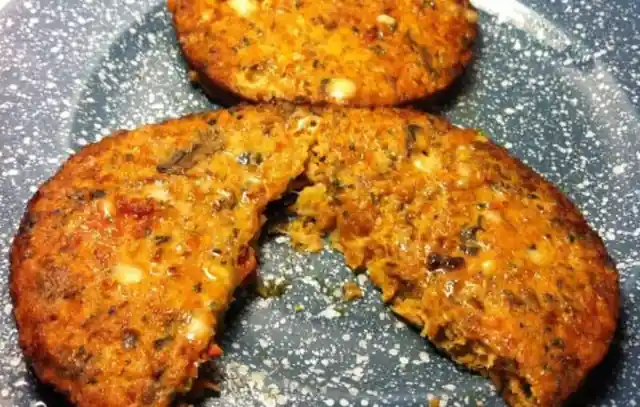
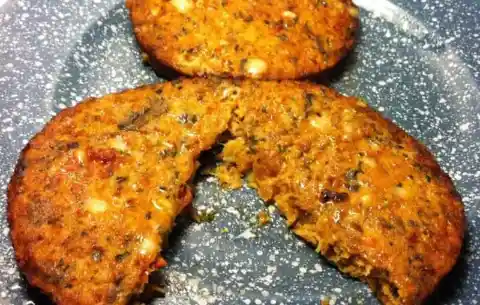
Canned Soup Filled With Salt
Canned soup can contain up to 400 milligrams of sodium per cup. While it's easy to heat some up for a last-minute meal, you'll do your body much better by cooking up a homemade batch.
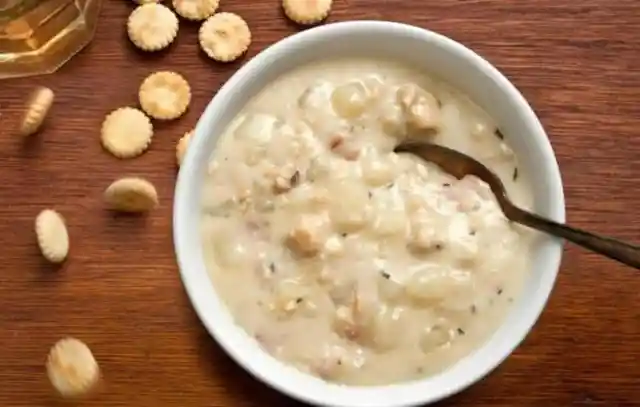
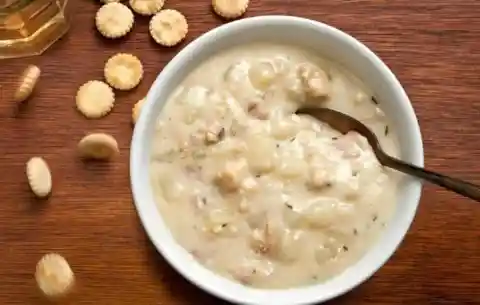
Dried Fruit Slathered In Sugar
Dried fruit tastes so good because it's filled with sugar and preservatives—it's basically candy with fiber. If you're trying to lose weight, stick with pieces of fresh fruit.
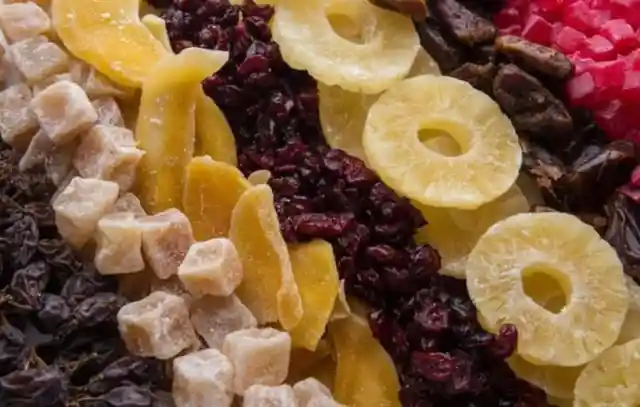
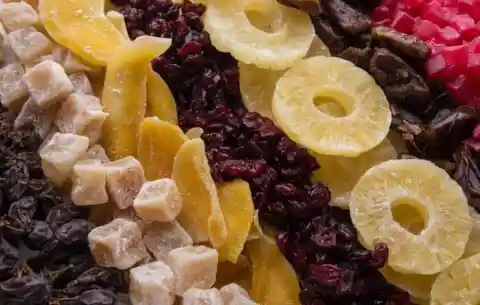
Packaged Deli Meats Packed With Salt
Cooked turkey is a great lean protein, but packaged varieties are no good. Store bought deli meats are often loaded with salt and preservatives.
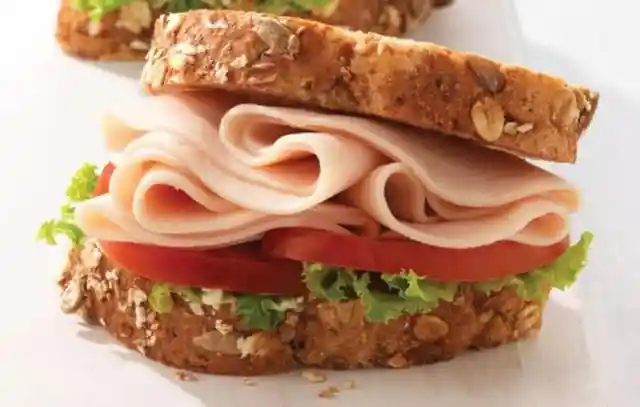

Look for brands with under 350 milligrams of sodium per 2-ounce serving.
Rice Cakes Aren't That Nutritious
Rice cakes may be low-fat, but they're lacking in nutritious ingredients. Most servings provide only a single gram of protein and fiber, and flavored varieties are usually filled with artificial sweeteners, flavors, and coloring.
